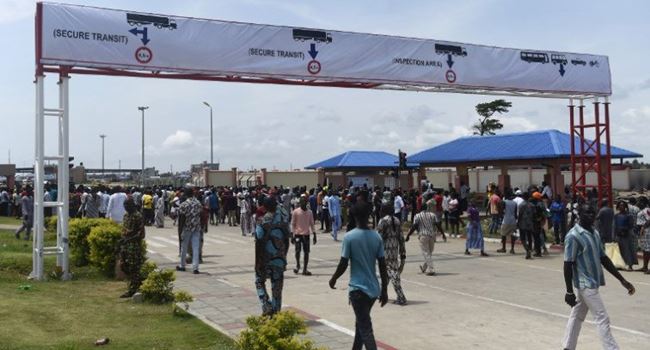The recent military coup in Niger and the subsequent closure of the Nigeria-Niger border have left communities in Sokoto State, Nigeria, stranded and facing economic challenges. The closure has disrupted the flow of goods and services between the border communities, impacting trade and livelihoods.
The border closure has hit the prosperous city of Illela, which shares a boundary with Birnin Kouni in Niger Republic, particularly hard. Illela serves as a major route to Niger Republic and houses a Nigerian Customs Services control post that monitors cross-border movement of goods and services.
The closure of the border has led to a significant increase in prices of livestock and cash crops, making essential products unaffordable for many families. Commercial activities have come to a halt, impacting businesses and commerce in the affected communities.
Truck drivers who were caught at the border closure site have been stranded for days, facing hunger and uncertainty. Many of them had been engaged in legal business activities and are now pleading for permission to return home. They expressed concern about the potential negative consequences of using force to address the situation.
Residents and business owners in Illela have reported a drastic reduction in business activities since the border closure was announced. The closure has affected various sectors of the local economy, including trade and tourism.
The closure of the border and the resulting economic challenges highlight the interconnectedness of communities across borders and the significant impact that political events in one country can have on neighboring regions. The stranded residents and businesses in Sokoto are now faced with uncertainty as they await a resolution to the crisis in Niger and the reopening of the border.







